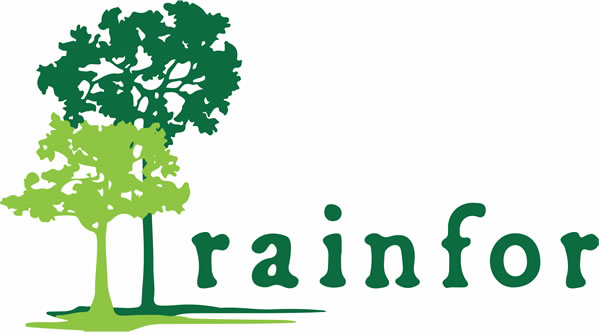In 2014 the regular assessment of the quality of research at UK universities – the Research Assessment Exercise, or REF -evaluated for the first time the impact of research on policy and society. In Leeds we wrote a case study that described the many ways in which the work of RAINFOR, AfriTRON and ForestPlots.net has had helped to shape international climate policy. Our work is supporting governments to map carbon stocks, and training individuals and organisations to monitor tropical forests effectively.
The case study (see below) described how research based on these networks of forest plots and people has been cited in IPCC reports, and used in influential policy briefs such as by the InterAcademies panel of national science academies, to support informed and strong international agreements on climate change. We described how governments in tropical forest nations have used the approaches and tools that we have created to understand how much carbon is stored in their countries. We explained how our training courses, often subsequently replicated, have enabled organisations and individuals to participate in national and regional carbon mapping.
Our impact statement was evaluated by the REF panel as being of ‘outstanding reach and significance’. This makes it one of the best in the country. Everyone involved in RAINFOR, AfriTRON, and ForestPlots can be proud of that assessment. It reflects the tremendous efforts of all the institutions and collaborators that have built and maintain the networks that exist today.
The REF was a UK exercise that affects the level of funding that universities obtain from the government. But, in a much wider sense, it gives us a chance to reflect on how our concerted collaborative efforts, which stretch across more than 30 nations, are generating important impacts at many different levels of society. Together we are providing robust scientific information that is essential to manage sustainably the world’s tropical forests.
Tim Baker (RAINFOR/University of Leeds)
